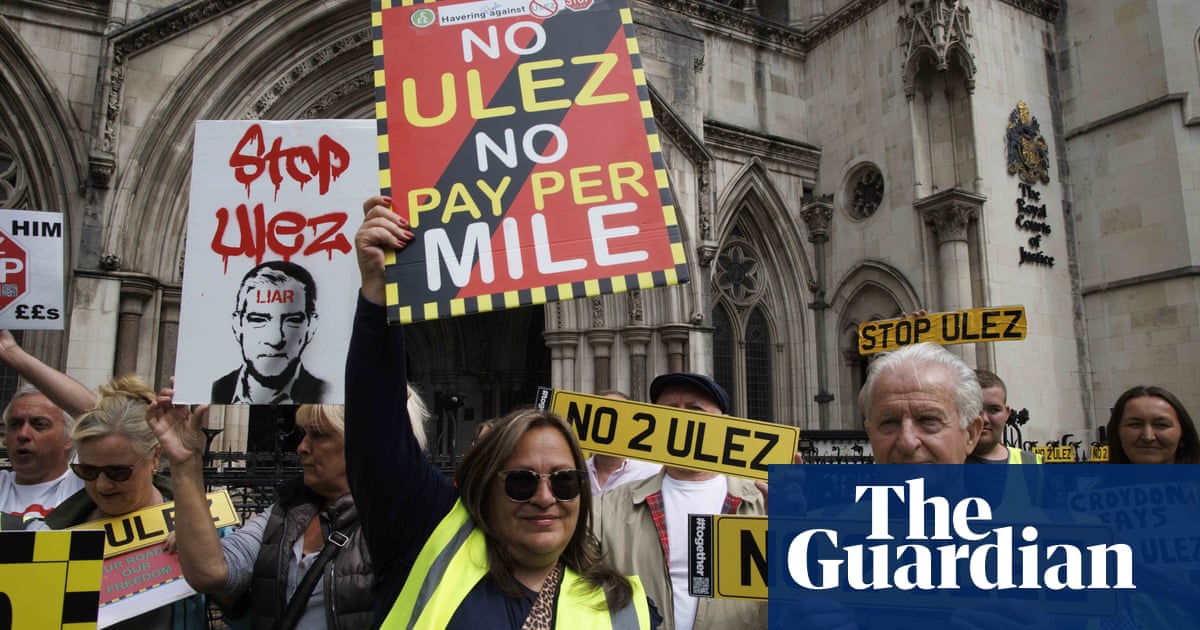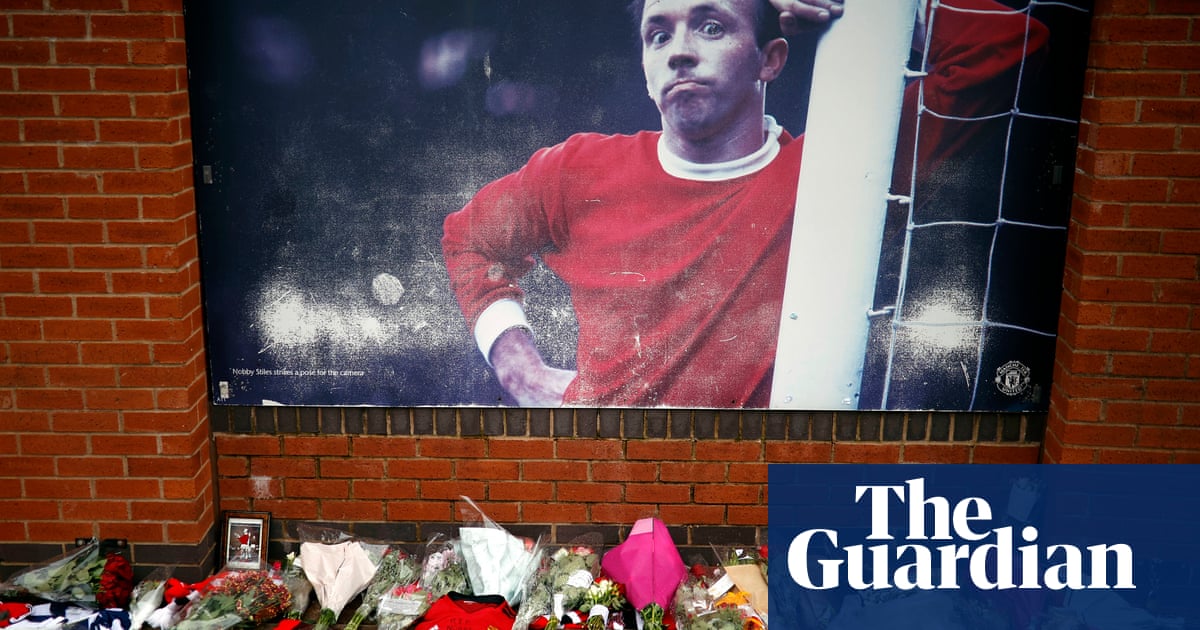
Lawyers for the Duchess of Sussex have claimed five female friends who spoke anonymously to a US magazine to defend her against British tabloid bullying are entitled to a “super-charged right of confidentiality” as she fought to protect their identities in her privacy battle against the Mail on Sunday.
Forcing her to make public their names was an “unacceptable price to pay” for pursuing her legal action over publication of extracts from a private letter she wrote to her estranged father, Thomas Markle, 75, the high court in London heard.
The duchess, 38, is seeking damages from Associated Newspapers Ltd (ANL), the publisher of the newspaper and Mail Online website, for alleged misuse of private information, copyright infringement and breach of the Data Protection Act.
Justin Rushbrooke QC, for Meghan, told Mr Justice Warby the five women were entitled to “a very high level of super-charged right of confidentiality” both as confidential journalistic sources and under their own privacy rights.
They were not parties to the action, only witnesses, he said. “Publicity leads to intrusion, the less publicity the less intrusion.”
The publisher is contesting the case, and denies the allegations, in particular that the letter was edited to change its meaning.
It claims the US magazine interviews first made mention of the existence and content of the handwritten letter, thus putting it into the public domain. It is seeking to publicly identify the friends, which Meghan has named in a confidential court schedule.
Meghan has argued she did not know the People magazine article of February 2019 was due to appear, would not have agreed to the letter’s contents being revealed, and after its publication in February 2019 she phoned “friend A” to express her distress.
Neither she, nor Prince Harry, who are based in Los Angeles, were present in court for the hearing.
Rushbrooke said only one of the five had “made a passing reference to the letter written by the claimant to her father, which lies at the heart of this claim for invasion of privacy”.
He said ANL’s case was that Meghan had “compromised” her friends’ right to privacy “by putting their names into a public court document”.
This was a “grotesque perversion” of what had happened, said Rushbrooke. She had been “forced” to identify the names following a legal request from ANL, and had done “what she reasonably and sensibly could to protect their confidentiality and privacy rights”.
In a witness statement, Meghan said Associated Newspapers Ltd “is threatening to publish the names of five women – five private citizens – who made a choice on their own to speak anonymously with a US media outlet more than a year ago, to defend me from the bullying behaviour of Britain’s tabloid media.
“These five women are not on trial, and nor am I. The publisher of the Mail on Sunday is the one on trial. It is this publisher that acted unlawfully and is attempting to evade accountability; to create a circus and distract from the point of this case – that the Mail on Sunday unlawfully published my private letter.”
She said that the women were private citizens and had “a basic right to privacy”.
The duchess is suing over five articles, two in the Mail on Sunday and three on Mail Online, published in February 2019, which reproduced parts of a handwritten letter she sent to her father in August 2018. The headline read: “Revealed: The letter showing true tragedy of Meghan’s rift with a father she says has ‘broken her heart into a million pieces’.”
Antony White QC, for ANL, told the judge there was “no risk of reprisal” against the friends . They were important potential witnesses on the key issue of to what extent “did the claimant seek or permit publicity for the letter she claims is private”.
The duchess “has herself, freely, without being compelled” disclosed the names, ANL argued.
Part of Meghan’s claim was struck out by the judge earlier this year, leaving her to pay ANL’s costs of £67,888, documents reveal.
Judgment is to be given at a later date.












